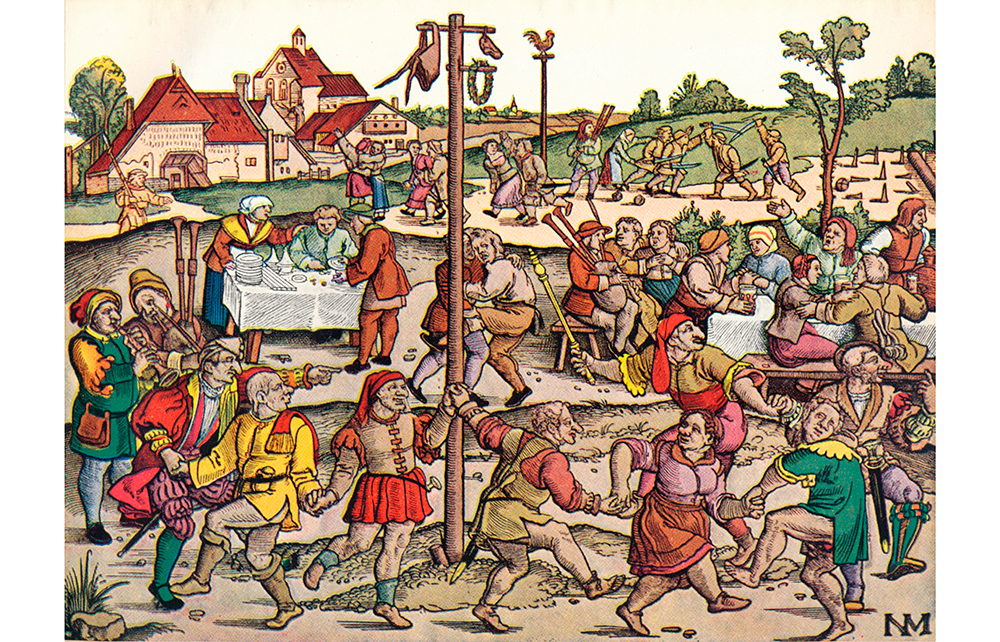Free Time is an academic journey through two-and-half millennia of leisure options. The central question put by the historian Gary Cross, is: why do we not have more free time, and when we do, why do we waste it, like Sir Andrew Aguecheek in Twelfth Night, on ‘fencing, dancing and bear-baiting’ or their modern equivalents?
We start with ancient Greek philosophers, including Socrates and Aristotle, who reckoned that life was all about free time. We should work to fulfil our basic needs and then use our leisure for scholé (self-improvement): for culture and reflection. The vita contemplativa was superior to the vita activa (though Socrates was also fond of a boogie – a fact Cross does not mention).
People spent their free time at festivals and religious rituals. Skip a few centuries to the Middle Ages and we find there was still a surprising amount of leisure time – bacchanals alternating, as in pagan days, with weird rites and the contemplation of God and beauty.







Comments
Join the debate for just $5 for 3 months
Be part of the conversation with other Spectator readers by getting your first three months for $5.
UNLOCK ACCESS Just $5 for 3 monthsAlready a subscriber? Log in